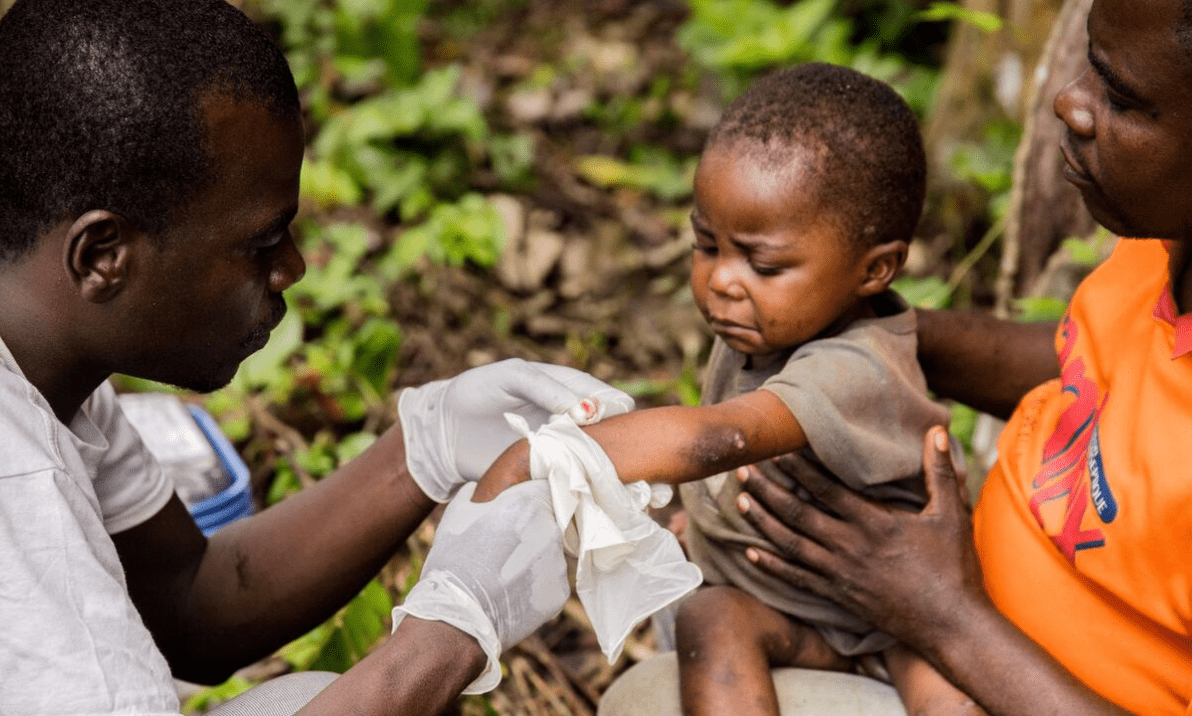Why worry about the monkeypox outbreak, where it emerged, and how to stop its spread?
Nigeria is currently grappling with an outbreak of the rare but potentially deadly disease, Monkeypox. As of late September, the first cases were reported in Bayelsa State, and since then, the virus has rapidly spread, with suspected cases now emerging in seven of Nigeria’s 36 states, including the bustling city of Lagos. So far, a total of 31 suspected cases have been reported, raising serious concerns about a possible epidemic.
But what exactly is Monkeypox, and why should we be worried?
What is Monkeypox?
Monkeypox is allegedly a viral zoonotic disease that can be transmitted from animals to humans. The disease was first identified in 1958 in Denmark during research into a pox-like illness affecting monkeys. Hence, it was named “Monkeypox.” Despite its name, the virus’s natural host remains unclear, but it has been found in several animals, including squirrels, rats, mice, and primates.
There are two distinct types of the Monkeypox virus: the Congo Basin group and the West African group. The Congo Basin strain is more dangerous, with a higher rate of severe illness and death.
How is Monkeypox contracted?

Monkeypox typically spreads through direct contact with the blood, bodily fluids, or skin lesions of infected animals, so eating undercooked meat from infected animals is a risk factor. Human-to-human transmission is also possible through close contact with respiratory droplets, skin lesions, or contaminated objects. This makes household members of infected individuals particularly vulnerable, especially during prolonged face-to-face contact.
The virus can even be transmitted through the placenta, leading to congenital Monkeypox in newborns.
Why Should We Be Worried?
The symptoms of Monkeypox are more severe than those of chickenpox. Infected individuals experience a rash that resembles chickenpox but with much more intense symptoms like high fever, severe malaise, and splitting headaches. In past outbreaks, about one in 10 people who contracted Monkeypox died, making it a significant health threat.
What makes it more alarming is that no specific treatment or vaccine for Monkeypox has yet been developed. The smallpox vaccine, which was 85% effective in preventing Monkeypox, is no longer widely available since smallpox was eradicated decades ago. This leaves health authorities with limited options for controlling outbreaks.
How Can We Stop the Spread of Monkeypox?
Despite the lack of a specific treatment or vaccine, some measures can help control the spread of Monkeypox:

- Public Awareness: Educating about the dangers of Monkeypox and its potential commute channels is crucial. People should avoid contact with sick or dead animals, particularly in areas known to be Monkeypox hotspots.
- Isolation and Protection: Infected individuals should be isolated to prevent the virus from spreading. Health workers caring for Monkeypox patients must wear protective gear, including gloves and masks, to avoid contracting the virus.
- Surveillance and Quick Response: Early detection of Monkeypox cases is essential. Health authorities must remain vigilant, quickly identifying and isolating new cases to prevent further spread.
Monkeypox is a serious disease with the potential to cause widespread illness and death. The current outbreak in Nigeria is a stark reminder of the dangers posed by zoonotic diseases and the need for constant vigilance. While there is no cause for panic, the situation demands swift action, robust public health measures, and global cooperation to prevent the disease from spreading further.














